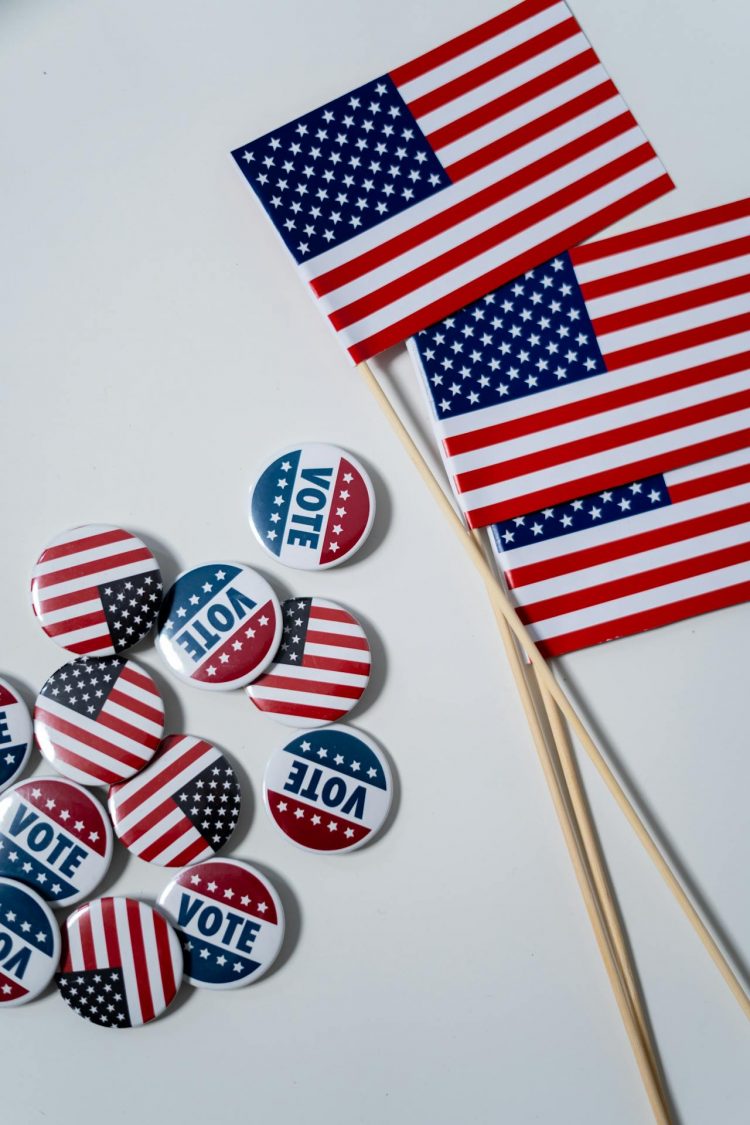In a bold move to address the growing concerns surrounding social media censorship, the state of New Jersey has introduced a groundbreaking bill that seeks to regulate social media platforms and protect the free speech rights of candidates running for office. The legislation, which aligns with federal law, prohibits social media websites from willfully deplatforming candidates from the moment they qualify for an election until the election date or until they are no longer a candidate.
The bill comes amidst increasing reports of social media companies selectively suspending or “deplatforming” users, particularly those expressing political or religious views. This practice has raised serious questions about the role of these platforms in shaping public discourse and their potential impact on democratic processes.
Under the proposed legislation, social media companies will be required to provide a verification mechanism for users to identify themselves as qualified candidates. This system must include sufficient details to enable the platforms to confirm a user’s candidacy through official election websites. By mandating this verification process, the bill seeks to ensure that social media companies are aware of a candidate’s status and cannot claim ignorance when deplatforming them.
Moreover, the bill introduces a new level of transparency in the realm of online political advertising. Social media sites will be obligated to notify candidates of any free advertising provided, distinguishing it as an in-kind contribution. This provision aims to prevent platforms from covertly influencing elections by providing certain candidates with preferential treatment in terms of advertising.
To enforce these regulations, the bill introduces substantial penalties for violations. Social media websites found to be in violation of the law face fines of up to $250,000 per day for infractions affecting statewide office candidates and $25,000 per day for those involving other candidates. The Election Law Enforcement Commission will be empowered to apply these sanctions in addition to existing state law remedies, ensuring that social media companies face serious consequences for any breaches of the law.
In addition to protecting candidates’ rights, the legislation also establishes a private right of action for users who believe their political or religious speech has been unfairly censored or altered by social media algorithms. This provision empowers individuals to take legal action against platforms that they believe have violated their free speech rights. Successful claimants may receive damages, and prevailing parties in such lawsuits are entitled to costs and reasonable attorney fees, providing a strong incentive for social media companies to respect users’ rights to express their political and religious views.
The bill also emphasizes the importance of fairness in content moderation. Evidence of restoring previously deleted or censored speech will be considered in damage assessments, ensuring that social media platforms cannot simply restore content after facing public backlash without consequences. Conversely, allegations of hate speech cannot be used as a defense for a platform’s actions against a user’s speech, preventing companies from using vague or subjective definitions of hate speech to justify censorship.
Furthermore, the New Jersey Attorney General will be authorized to initiate civil actions on behalf of users whose political or religious speech has been censored, under specified conditions. This provision adds an additional layer of protection for users’ rights, ensuring that even if individuals cannot afford to take legal action themselves, the state can step in to defend their free speech rights.
The introduction of this bill in New Jersey marks a significant step towards regulating social media platforms and protecting the free speech rights of candidates and users alike. As social media continues to play an increasingly important role in shaping public opinion and political discourse, it is crucial that these platforms operate transparently and fairly, especially during critical election periods.
While some may argue that social media companies, as private entities, have the right to moderate content on their platforms as they see fit, the New Jersey bill recognizes that these companies have become de facto public forums and have a responsibility to uphold democratic principles and protect free speech.
As the bill progresses through the legislative process, it is likely to spark a broader conversation about the role of social media in our society and the need for regulation to ensure that these platforms serve the public interest. The outcome of this legislation could have far-reaching implications not only for New Jersey but for the entire country, as other states may follow suit in introducing similar measures to protect free speech online.
Michelle Coyle, an esteemed social media marketer in New Jersey, emphasized the importance of social media for politicians’ visibility, stating, “In today’s digital age, social media platforms have become indispensable tools for political candidates to connect with voters, share their messages, and mobilize support. Ensuring that these platforms operate fairly and transparently is crucial for maintaining the integrity of our democratic process.”





